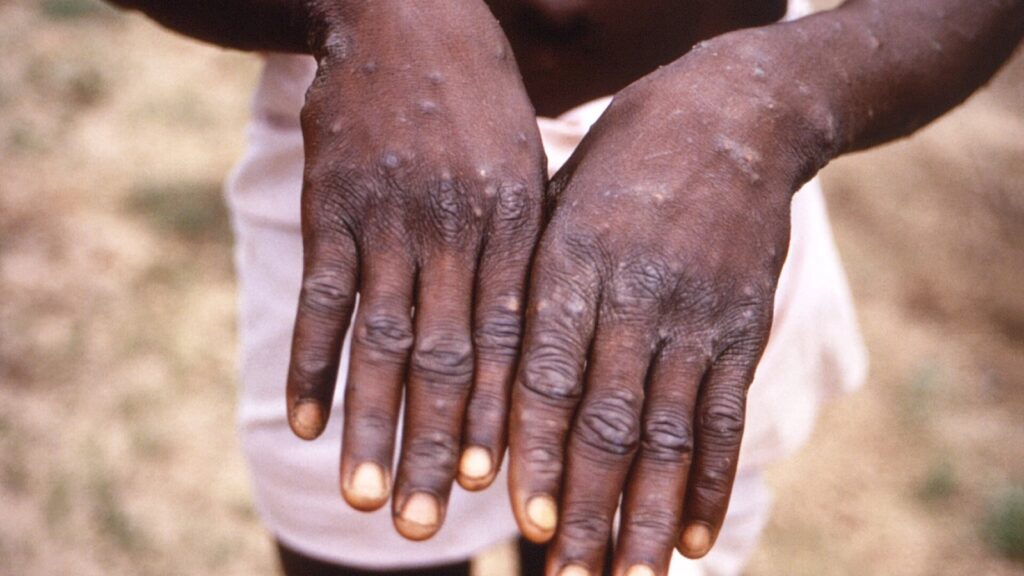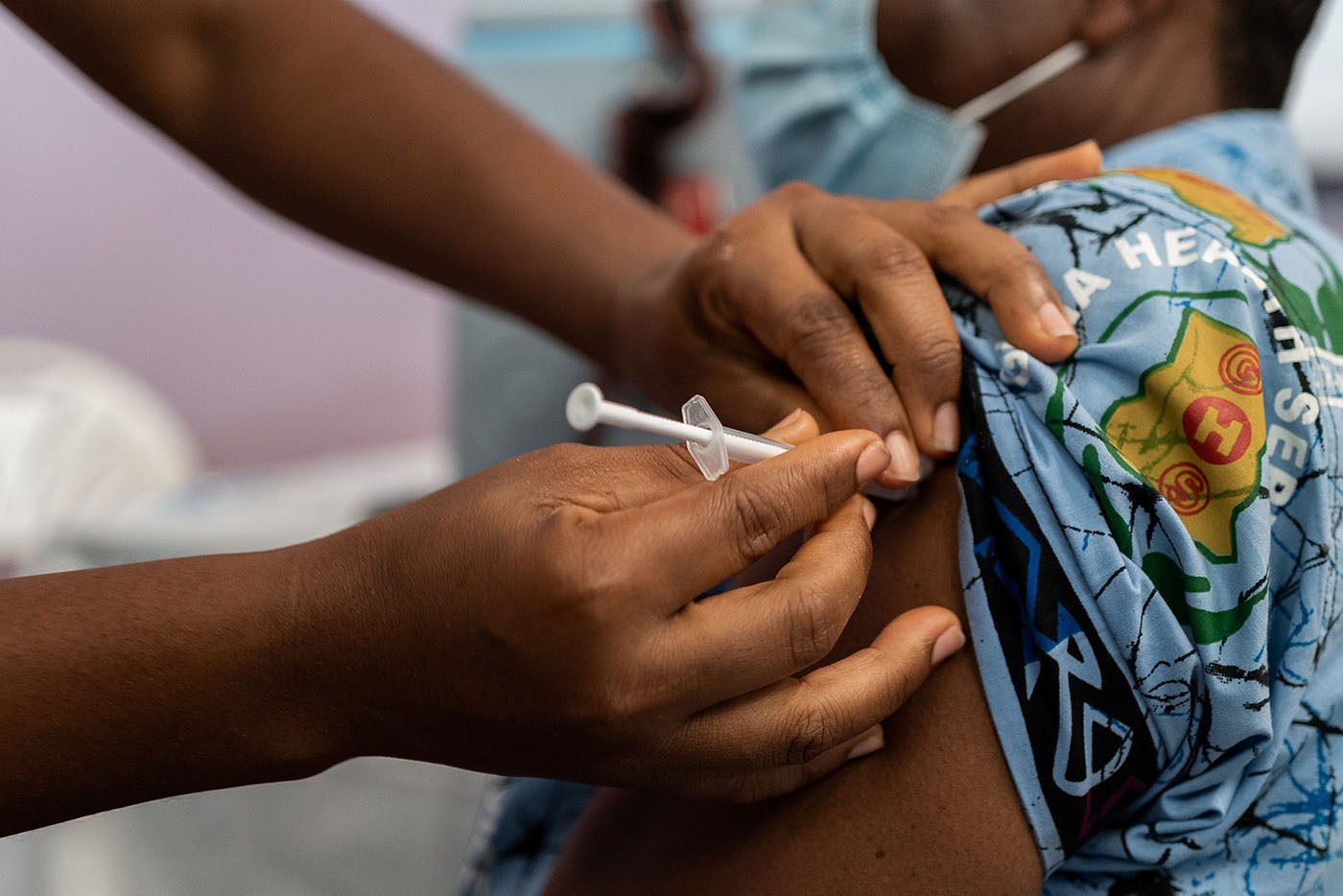By Business Insider Reporter
As global health headlines shift to climate change, AI, and geopolitics, a familiar but resurgent threat is gripping parts of Africa: mpox, formerly known as monkeypox.
Once viewed as a sporadic, zoonotic disease endemic to a few central African countries, mpox has become a full-scale regional health crisis, with tens of thousands of cases and dozens of deaths reported across the continent in the past year alone.
The World Health Organisation’s latest report reveals a worrying surge in confirmed mpox cases in Africa, especially in the Democratic Republic of the Congo (DRC), Uganda, Sierra Leone and Burundi.
From January 2024 to May 2025, over 36,000 cases were confirmed on the continent, with 123 associated deaths. Sierra Leone, a country that previously reported negligible cases, is now facing one of the continent’s most significant outbreaks, with more than 2,600 confirmed cases and 14 deaths reported in just the past few weeks.

Complex crisis with multiple fronts
Mpox is no longer confined to its traditional hotspots. The DRC continues to bear the heaviest burden, with over 8,000 confirmed cases since January 2024.
However, what’s deeply concerning is the expansion of the virus into new territories.
Countries like Tanzania, Rwanda, Malawi and Zambia are now experiencing community transmission of the clade Ib variant of the monkeypox virus (MPXV), which spreads through human-to-human contact, primarily via close physical or sexual contact.
In many African countries, limited testing capacity has made it difficult to track the true scale of the outbreak.
For example, the DRC’s declining number of confirmed cases this year does not necessarily indicate reduced transmission, but rather a drop in laboratory confirmations due to logistical challenges and ongoing conflicts in outbreak zones like South Kivu and North Kivu.
“The reality on the ground is likely worse than the numbers suggest,” said a WHO field epidemiologist based in East Africa. “We’re seeing high test positivity rates, meaning that even though fewer people are being tested, a large proportion is still infected.”
Urbanization, youth at the epicenter
The current wave of mpox is particularly affecting young adults in densely populated urban areas.
Sierra Leone’s capital, Freetown, has emerged as a hotspot, with over 600 new confirmed cases reported in a single week this May.
Experts believe urban crowding, inadequate health infrastructure, and limited vaccine access have all contributed to the rapid escalation.
The spread among youth raises alarm over long-term health and economic implications. Many are of working age, and the disease – though rarely fatal – can be severely debilitating, sidelining people from work or school for weeks and straining families and local clinics.
Race against vaccine shortages
While vaccines are a key line of defense, Africa faces severe shortages.
More than 720,000 doses of the MVA-BN vaccine have been administered across seven African countries, with the DRC accounting for 81% of all vaccinations.
Uganda, Rwanda, Nigeria and Sierra Leone have also initiated vaccination campaigns targeting health workers, vulnerable groups, and communities with high transmission rates.
Still, demand far outpaces supply. The WHO recommends fractional dosing and prioritising high-risk populations to stretch the limited stock.
However, even this strategy has its limits in places where outreach and cold chain logistics remain underdeveloped.
Mpox has exposed systemic weaknesses in African health systems, from diagnostic shortfalls to the fragility of disease surveillance networks.
The Africa CDC and WHO have been working to coordinate response strategies, but national efforts often remain fragmented and underfunded.
Public health experts stress the need for a unified response.
“This is a continental issue, not just a national one,” says Dr. Esther Okoye, an infectious disease specialist in Nairobi. “Africa must invest in cross-border disease surveillance, stockpile vaccines and antivirals, and strengthen laboratory networks. Mpox is just the latest warning.”
Looking ahead
While the rest of the world considers mpox a controlled outbreak, Africa is living a very different reality.
If left unchecked, the virus could continue to evolve and spread, not only across the continent but also globally via travel and trade.
This resurgence must be met with urgency – not just with resources, but with political will, public engagement, and international solidarity.
Because the lesson from mpox is clear: no one is safe until everyone is.









